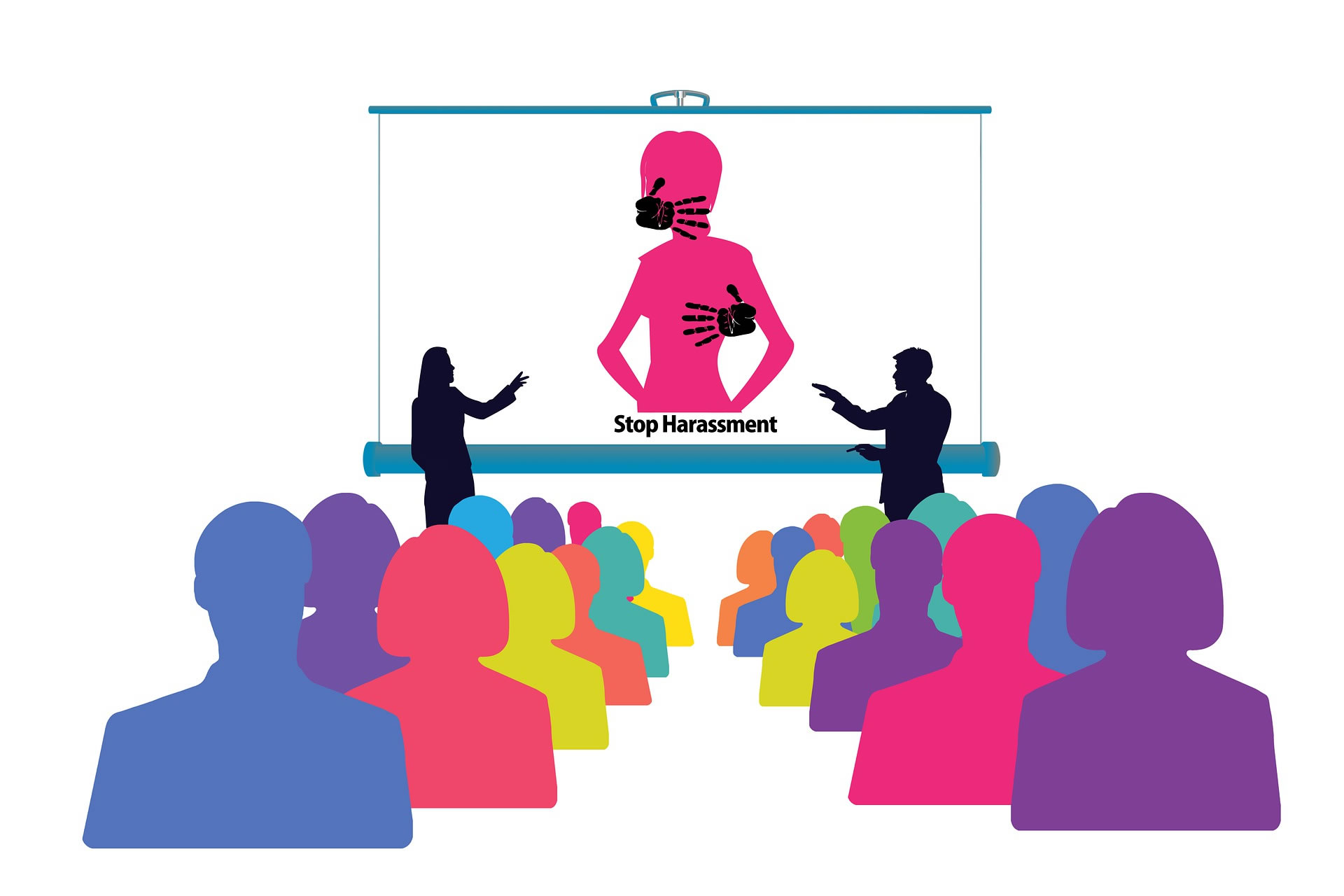Managing Sexual Harassment in the Workplace
‘Be the change you want to see in the world’
Gandhi
Managing Sexual Harassment in the Workplace
In October 2024, there was a change to the law made by the Worker Protection (Amendment of the Equality Act 2010) Act, which introduces a new proactive legal duty and obligation on employers to take reasonable steps to prevent sexual harassment of their staff (the preventative duty).
Blue Tulip Consultancy provides training sessions on Understanding and Managing Sexual Harassment in the Workplace.
The three-hour interactive session (either face to face or by virtual means) focuses on the following areas.
- Understanding the Worker Protection (Amendment of the Equality Act 2010) 2023
- Exploring the definition of sexual harassment within the types of interactions and logistics of ‘course of employment, including work related events
- Considering the 4-layering process and consequences/impact of unacceptable behaviours of a sexual nature and failure by management/organisation in taking reasonable steps
- Evaluating the Intention/Impact continuum
- Assessing the 8 Step Guide of proactive measures
- Taking responsibility – what if scenarios and actions
Blue Tulip Consultancy offers a comprehensive approach to handling sexual harassment issues in the workplace, Our commitment to handling these investigations promptly, effectively, and efficiently highlights the value of maintaining a safe and respectful workplace culture, as well as protecting the legal and reputational interests of employers.
Beyond resolving individual cases, these investigations provide organisations with insights into potential systemic issues, helping to create better policies, practices, and an inclusive culture
For more technical guidance please click here.
Additional Information
In 2000, Snéha wrote her master’s dissertation (20,000 words) on the ‘Management of Sexual Harassment Rhetoric or Reality’. Apart from understanding the definition of sexual harassment and how it is manifested in the workplace, the aspect that resonated the most for her was the impact of the sexual harassment on those on the receiving end of such behaviour.
Since 2000, and after the Me-Too movement, whenever she has shared the title of her dissertation with colleagues, she would often get a response of ‘You showed a lot of foresight to focus on what is now a topical subject’.
But it was prevalent then but not talked about, whereas now it has become more pertinent, and even essential, for organisations to proactively respond to concerns of inappropriate behaviours of a sexual nature.

